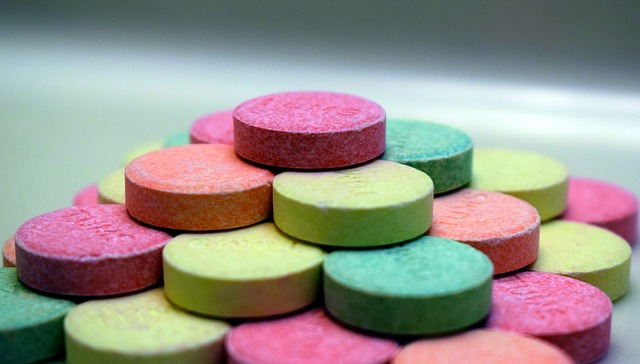Heartburn: Causes, Symptoms and Treatment

The lower esophageal sphincter (LES) is a valve located where the esophagus meets the stomach. The LES’s purpose is to keep stomach acid in the stomach, and out of the esophagus. It will open to allow you to burp and to let food enter. However, if it opens too often or does not close all the way, stomach acid can travel to the esophagus. This leakage can lead to a burning feeling in the chest, which we know as heartburn.
Causes of Heartburn
Often, there are two reasons the LES does not close like it’s meant to. The first is from putting too much food in the stomach or overeating. The second is when there is a significant amount of pressure on the stomach, sometimes from pregnancy, constipation, or obesity. Furthermore, several foods can increase the amount of stomach acid present, and even relax the LES. Coffee, alcohol, citrus fruits, garlic, and peppermint are common triggers. Fatty foods and certain medications can also cause heartburn. Sleep deprivation and stress can cause an increase in stomach acid as well. Smoking relaxes the LES, as does progesterone, a hormone that increases in pregnant women.
Heartburn Basics
For almost 20% of Americans, heartburn occurs about once a week. It can last anywhere from a few minutes to several hours and feels like a burning sensation behind the breastbone. Some may have a burning feeling in the back of the throat, or experience an acidic taste. The condition is very common in pregnant women, as the body produces progesterone to relax all smooth muscles. Although uncomfortable, heartburn is not serious unless it occurs several times a week. Long-term heartburn is known as gastroesophageal reflux disease (GERD) and can lead to serious complications. GERD can lead to lung disease, ulcers, inflammation of the esophagus, and laryngitis.
Treatments and Prevention
Raising the head of your bed about six inches keeps your torso slightly elevated, and allows gravity to keep the contents of your stomach where they should be. Lying down right after eating should be avoided, as should midnight snacks. Portion control and maintaining a healthy weight decrease the likelihood of experiencing heartburn. If you know your triggers, such as chocolate or coffee, limit your intake. Avoid tight-fitting clothing. As far as medications go, there are several over-the-counter medicines that don’t require a prescription and some that can be prescribed by your doctor. Antacids neutralize extra stomach acid, while acid blockers cut down on the amount of acid the stomach produces.
Got Medicare Questions?
We hope that this information on heartburn is useful to you.
Let us help you answer your questions so that you can get back to the activities that you enjoy the most.
Call (888) 446-9157, click here to get an INSTANT QUOTE, or leave a comment below!
See our other websites:

